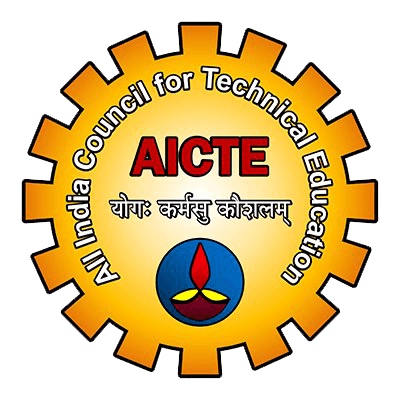

The Department of Biotechnology at Paavai Engineering College hosted an enlightening guest lecture on “Understanding Myopia with Mouse Immunology” on 8th August 2025 at Cute Hall, PEC Campus. The event was conducted under the leadership of Dr. C. Nirmala, Head of the Department, and was meticulously coordinated by Mr. K. Vignesh, Assistant Professor.
The distinguished speaker for the session was Dr. Durairaj Duraikannu, a renowned Post-Doctoral Scientist, Department of Ophthalmology, University of California–San Francisco (UCSF), USA.
The proceedings were conducted with poise and professionalism by Ms. C. S. Nikitha, who served as the Master of Ceremony. The program commenced with a soulful invocation rendered by Ms. U. Barathi Priya and Ms. M. S. Saranya, setting a serene tone for the event. This was followed by a cordial welcome address delivered by Ms. C. S. Nikitha. The speaker introduction was eloquently presented by Ms. R. Anitha, effectively paving the way for a stimulating and intellectually engaging session.
To further elevate the occasion, Dr. M. Premkumar, Principal of Paavai Engineering College, delivered the Presidential Address, underscoring the pivotal role of innovation in shaping the future of biotechnology. He also emphasized the tremendous potential for transformative contributions, particularly in the field of immunology.
The keynote address by Dr. Durairaj Duraikannu was profoundly inspiring in the realm of vision research. He highlighted the role of immunological pathways in ocular development, emphasizing how specific immune responses can influence the onset and progression of myopia. Through practical demonstrations and data-driven explanations, participants gained a deeper appreciation for how laboratory findings can translate into potential therapeutic strategies.
This session allowed the students to explore advanced research methodologies, critically analyze results, and understand the value of experimental models in advancing eye health. The session not only deepened scientific understanding but also inspired future research possibilities in vision and immunology.
Students gained a deeper understanding of the immunological factors contributing to myopia, using the mouse model as a real-life illustration.
They developed the confidence to approach the complex problem of myopia development from a biological and immunological perspective.
They learned to tackle challenges in vision science through keen observation, critical inquiry, and experimental methodologies focused on mouse immunology.
They came to appreciate the supremacy of data-informed decision-making from immunological assays over subjective assumptions about the causes of myopia.